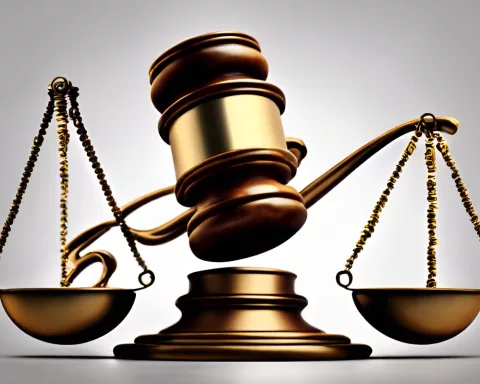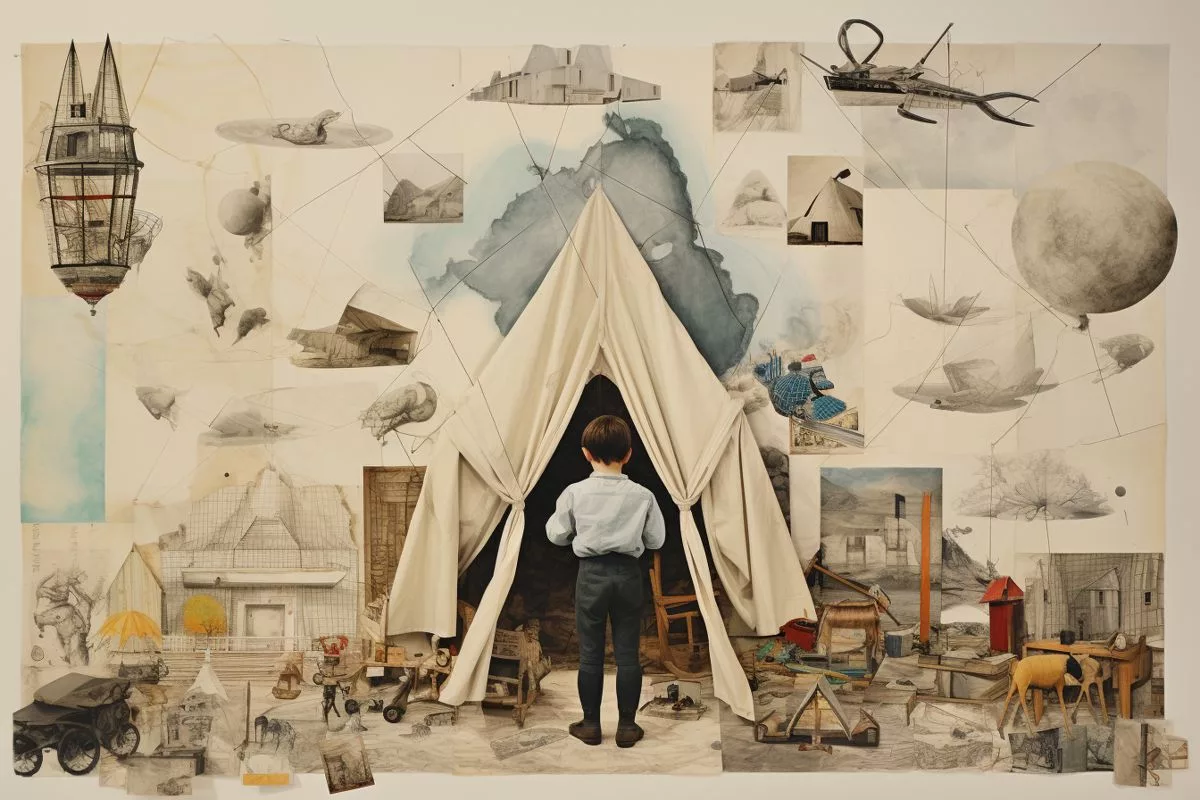Gareth Cliff, a well-known radio presenter in South Africa, sparked outrage and a social media storm after comparing a photograph of the Minister of International Relations, Naledi Pandor, wearing a headscarf to a “turd”. His comments were denounced as disrespectful and offensive by many, particularly the Muslim community. The incident highlights the broader issue of how public personalities balance freedom of speech and respect for cultural and religious diversity in public arenas, and has sparked a wider conversation about these issues.
What were Gareth Cliff’s controversial remarks?
Gareth Cliff, a well-known radio presenter, compared a photograph of Naledi Pandor, the Minister of International Relations, wearing a headscarf, to a “turd.” This comment sparked immediate outrage, particularly from the Muslim community, and ignited a broader conversation about respect for cultural and religious diversity in public arenas. Cliff defended his remarks, but his critics denounced them as disrespectful and offensive.
Unleashing a Social Media Storm
In today’s digital era, the impact of words has reached unprecedented heights. This is exemplified by the recent controversy stirred in South Africa by the comments of well-known radio presenter, Gareth Cliff, which particularly incited the Muslim community’s ire.
Known for his blunt and frequently contentious observations, Cliff found himself in the eye of a social media cyclone. He had compared a photograph of Naledi Pandor, the Minister of International Relations, wearing a headscarf, to a “turd”. This comparison, made in jest, led to serious implications.
The reaction to Cliff’s remarks was immediate and intense. Vimlesh Rajbansi, daughter of the late politician Amichand Rajbansi and an activist in her own right, was one of the vocal objectors. She saw Cliff’s remarks as an insult to “all women who wear hijabs,” elaborating on why his comments were disrespectful.
The Underlying Issue of Respect and Cultural Sensitivity
Rajbansi’s denunciation of Cliff’s comments emphasizes the deep-seated issues of respect and cultural sensitivity. From her perspective, equating Pandor’s decision to wear a hijab with wearing a “turd for Halloween” is not only offensive to Pandor, who seldom wears a hijab, but also suggests that all hijab-wearing women are similarly “dressed up as turds”. Furthermore, Rajbansi highlighted that Pandor’s advocacy for the Palestinian cause, involving a significant number of hijab-clad women, should have dissuaded Cliff from making such an indelicate comment.
In reaction to the widespread outrage, Cliff responded with defiance. Taking to Instagram, he defended his remarks, accusing his critics of double standards. He showed disregard for those who were offended or upset, attributing their reactions to ’emotional fragility’. Cliff stressed that he was under no obligation to be courteous or mindful of their sensitivities, and expressed indifference towards being branded a racist or Islamophobe.
Interestingly, amidst the brouhaha, Pandor, the subject of Cliff’s comments herself, has remained quiet about the incident. Earlier in the week, she had made headlines for South Africa’s decision to recall its diplomats from Israel amidst the ongoing conflict in Palestine.
A Broader Conversation on Freedom of Speech and Respect for Diversity
The incident highlights the broader issue of how public personalities tread the fine line between exercising freedom of speech and the potential to offend. As the saga continues to unfold, it’s evident that this fracas has sparked a wider discussion about respect for cultural and religious diversity in public arenas.
Clayson Monyela, another critic, encapsulated the sentiment aptly when he tweeted, “If you meant this as an attack on Dr Naledi Pandor, you missed. It tells us more about you. What a miserable soul you are!” His statement serves as a potent reminder that the influence of words goes way beyond their immediate impact. They mirror the speaker’s character and attitude.
The controversy around Gareth Cliff’s remarks is certain to keep fuelling discourses about respect for diversity, freedom of speech, and the responsibility of public figures. As the nation continues to confront these intricate issues, one thing is clear: the potency of words should never be undervalued.
1. What were Gareth Cliff’s controversial remarks?
Gareth Cliff, a well-known radio presenter, compared a photograph of Naledi Pandor, the Minister of International Relations, wearing a headscarf, to a “turd.” This comment sparked immediate outrage, particularly from the Muslim community, and ignited a broader conversation about respect for cultural and religious diversity in public arenas.
2. What was the reaction to Cliff’s remarks?
The reaction to Cliff’s remarks was immediate and intense, inciting the ire of the Muslim community and leading to a social media storm. Vimlesh Rajbansi, an activist and daughter of the late politician Amichand Rajbansi, was one of the vocal objectors.
3. Why were Cliff’s comments considered disrespectful and offensive?
Cliff’s comments were considered disrespectful and offensive because they equated Pandor’s decision to wear a hijab with wearing a “turd for Halloween.” This not only insulted Pandor but also suggested that all hijab-wearing women are similarly “dressed up as turds.” Furthermore, Pandor’s advocacy for the Palestinian cause, involving a significant number of hijab-clad women, should have dissuaded Cliff from making such an indelicate comment.
4. How did Cliff respond to the backlash?
Cliff responded with defiance, defending his remarks on Instagram and accusing his critics of double standards. He showed disregard for those who were offended or upset, attributing their reactions to ’emotional fragility’. Cliff stressed that he was under no obligation to be courteous or mindful of their sensitivities and expressed indifference towards being branded a racist or Islamophobe.
5. What broader issue does the incident highlight?
The incident highlights the broader issue of how public personalities balance freedom of speech and respect for cultural and religious diversity in public arenas. As the saga continues to unfold, it’s evident that this fracas has sparked a wider discussion about respect for cultural and religious diversity in public arenas.
6. What does the controversy around Gareth Cliff’s remarks signify?
The controversy around Gareth Cliff’s remarks signifies the continued need for discourses about respect for diversity, freedom of speech, and the responsibility of public figures. As the nation continues to confront these intricate issues, one thing is clear: the potency of words should never be undervalued.











